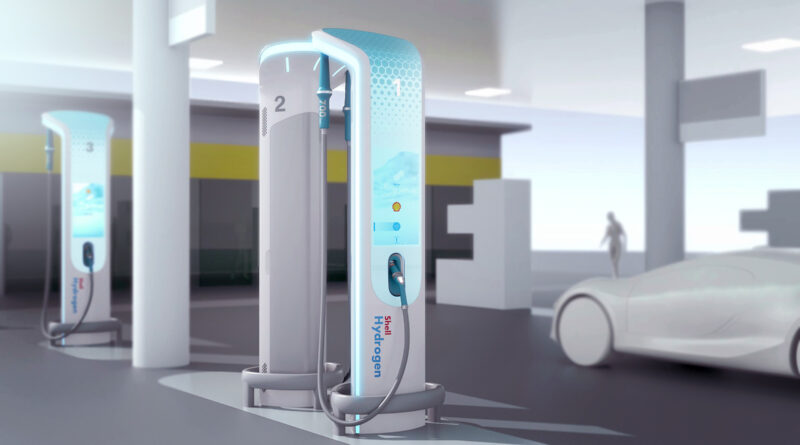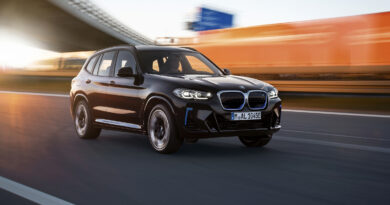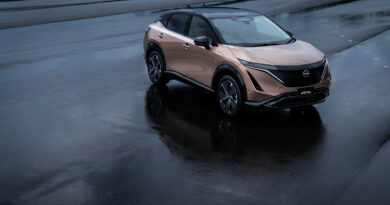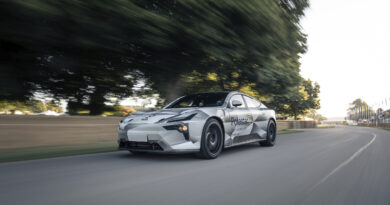FCEV future: Every brand working on hydrogen fuel cell tech
The hydrogen economy is something that has long been talked about but is finally starting to gain momentum. In the quest to lower CO2 emissions hydrogen is increasingly being viewed as a very useful fuel to add to the artillery.
And some forms of transport could play a key role in the shift to utilising the clean gas (which can also be stored as a liquid) that emits only water when passed through a fuel cell.
While many see traditional battery electric vehicles (BEVs) as the answer for many everyday EV journeys, it’s fuel cell electric vehicles (FCEV) that are arguably better suited to commercial applications or for heavy duty work such as towing and long distance trucking.
READ MORE: What is a hydrogen fuel cell electric vehicle?
In the 4WD, SUV and car market, there’s no shortage of brands jumping aboard to test and develop hydrogen fuel cell vehicles with the view to selling vehicles in showrooms in future.
Here’s the comprehensive list of every brand we know of currently working on hydrogen fuel cell tech.
Toyota
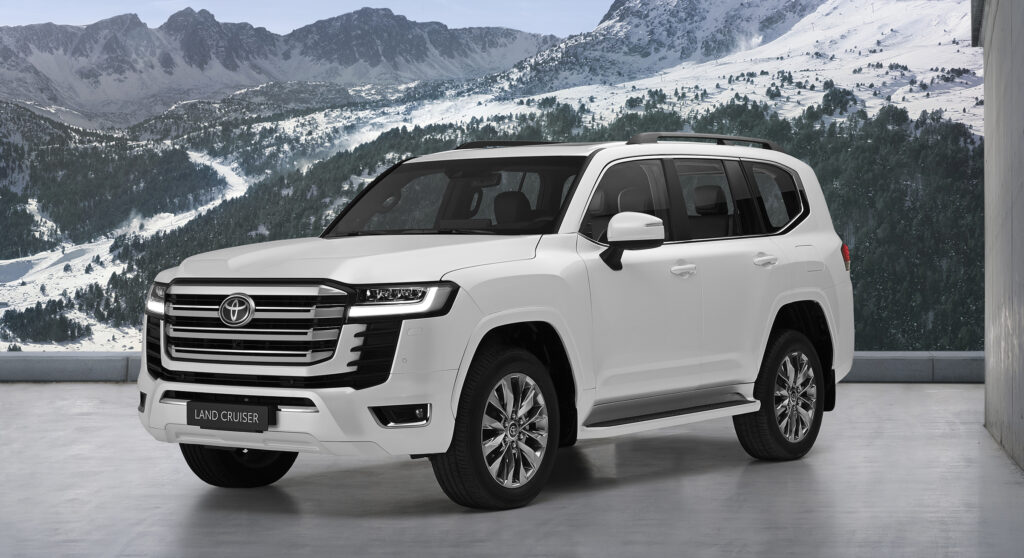
Toyota has long been talking hydrogen in Australia, even fitting out a semi-trailer with a hydrogen refueller so a fleet of original Mirai fuel cells could be topped up from anywhere. Since then Toyota has installed a hydrogen fueling station at its Altona facility on the outskirts of Melbourne and the company is leasing a fleet of Mirais to interested governments or businesses.
The big question is where Toyota sees FCEV tech settling. The company admits large four-wheel drives – especially those used for towing – are well suited to the technology. So keep an eye on the LandCruiser 300-Series and Hilux in future. While it won’t happen immediately, there’s a good chance we’ll see a hydrogen fuel cell LandCruiser sometime this decade.
Hyundai
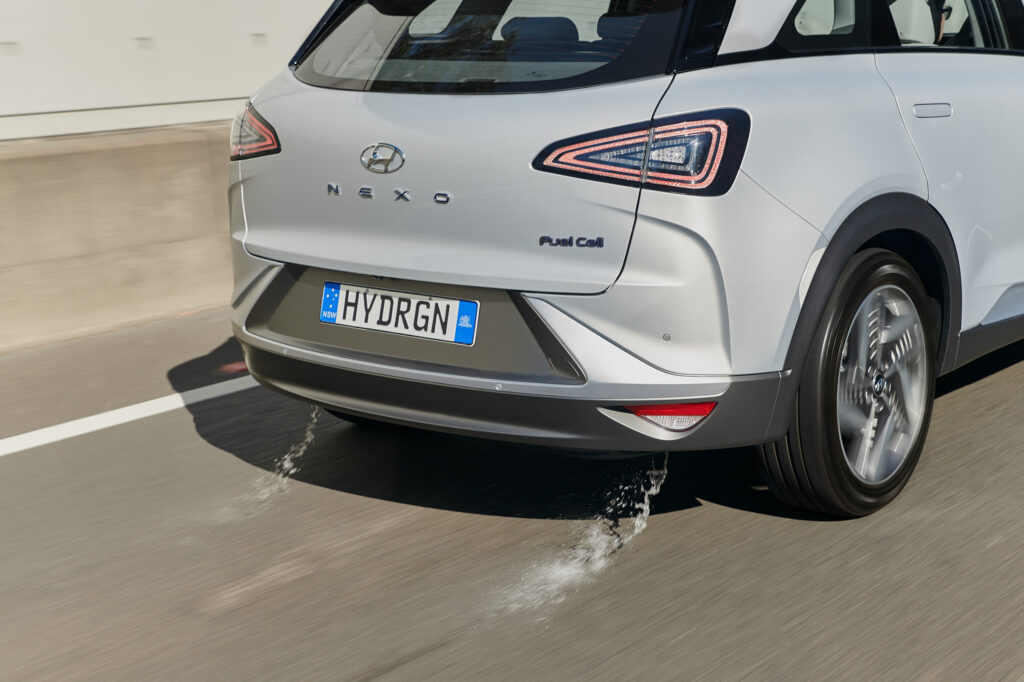
Hyundai is pushing hard with fuel cells, even installing a refueling station at its head office in Sydney (it’s now looking to upgrade that refueler) and lobbying governments as to the benefits of hydrogen. The company has at least 25 Nexos on lease and believes hydrogen FCEV tech will work perfectly in any vehicles that use diesel engines today: think buses, trucks, garbage trucks and large SUVs and 4WDs.
As for what models it would be best suited to in the Hyundai lineup… Hyundai and sister company Kia are currently developing a Hilux-rivalling dual-cab ute, something that would seem beautifully suited to fuel cell.
Kia
Kia has been much quieter than sister brand Hyundai when it comes to hydrogen. But whatever one does the tech typically flows to the other in some form, so expect some noise about hydrogen in future.
Chevrolet
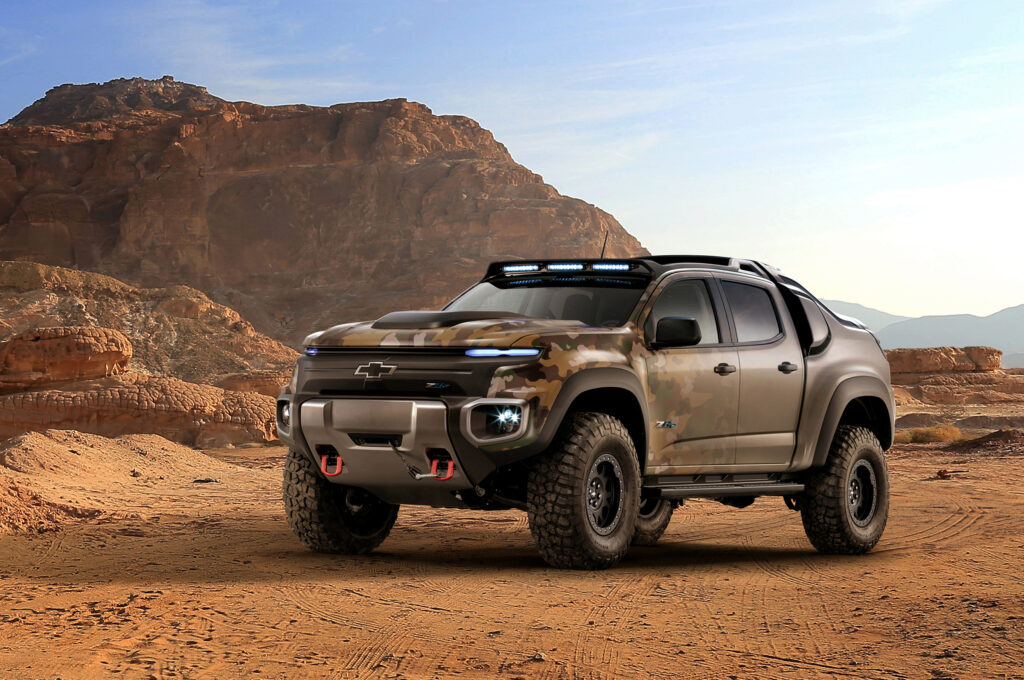
Ok, so it’s General Motors currently beating its chest about the development of hydrogen fuel cell vehicles, but Chevrolet appears to be one of the likely recipients of the big investment in technology.
GM is currently developing the third generation of its Hydrotec FCEV technology, something it describes as “the affordable hydrogen fuel cell power solution for land, air and sea applications”.
And the company says “hydrogen fuel cells are poised to become the leading technology for electrifying the largest, hardest-working vehicles on the road and beyond”.
Considering the heft and work focus of vehicles such as the Chevrolet Silverado and GMC Sierra, it seems a logical choice to add to the promised BEV versions of each of those with a FCEV variant in the long term.
In 2016 GM also built a FCEV version of the Chevrolet Colorado (similar to the Holden Colorado) that was later evaluated by the US Military. The Colorado ZH2 was well received by the US Army, which also noted “another key advantage … was the ability of the vehicle’s hydrogen fuel cell to produce two gallons per hour of potable water”.
Mercedes-Benz
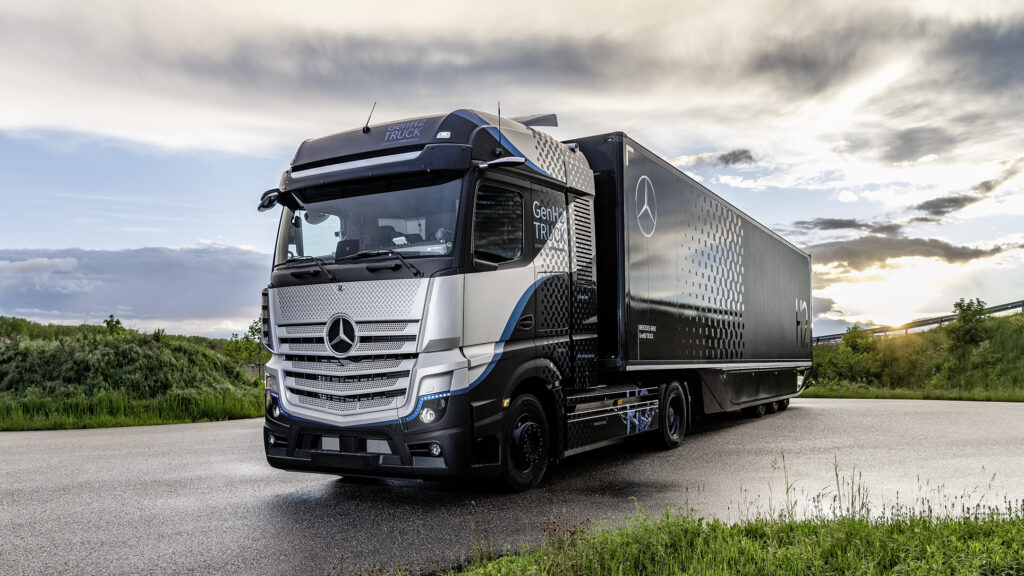
The world’s oldest car maker has spent decades working on fuel cells, even building a few hundred GLC F-Cell road cars to test the tech. But the company has since scaled back its aspirations to build SUVs and passenger cars powered by fuel cells, suggesting batteries can do the job more effectively and at a lower price. That’s particularly pertinent given the imminent advances in battery technology, including solid state batteries, which Mercedes already offers in buses in Europe.
But Benz is still working on fuel cells for commercial applications such as trucks, saying it is the focus for trucks. The goal is 1000-plus-kilometres of range, something currently being trialed in the GenH2 prototypes.
BMW
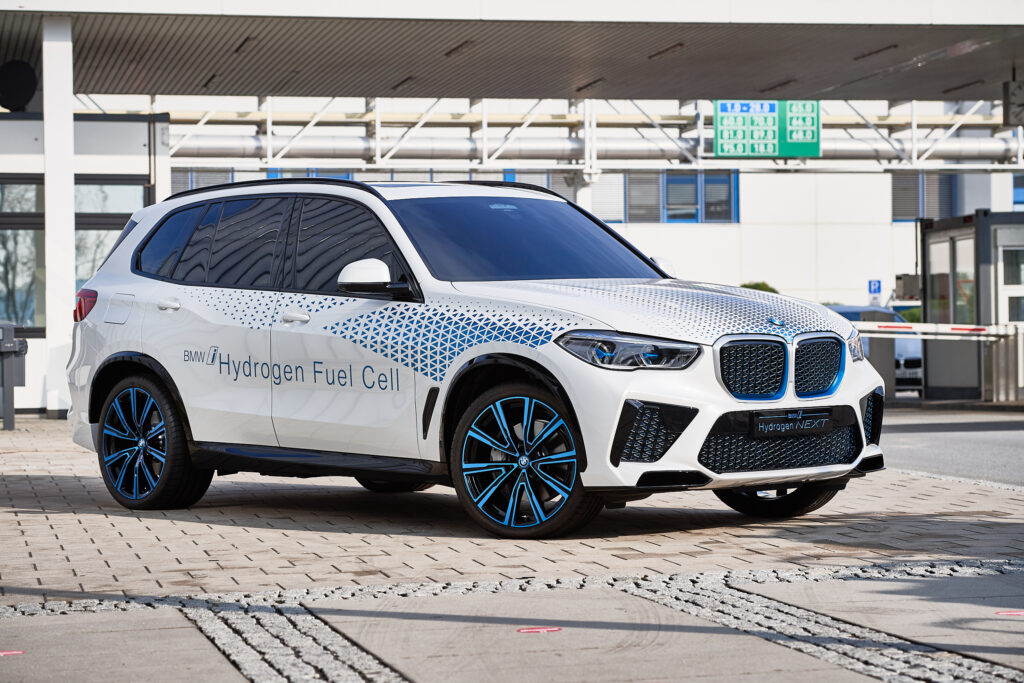
There was a time when BMW was using hydrogen in internal combustion engines, arguing it was more affordable than creating a fuel cell. But the company has since stepped into line with others and is now working hard on fuel cell tech.
In 2022 BMW is starting a pilot program involving X5 SUVs kitted out with a FCEV system. BMW says hydrogen fuel cells “will become an additional option in the long term”.
Honda
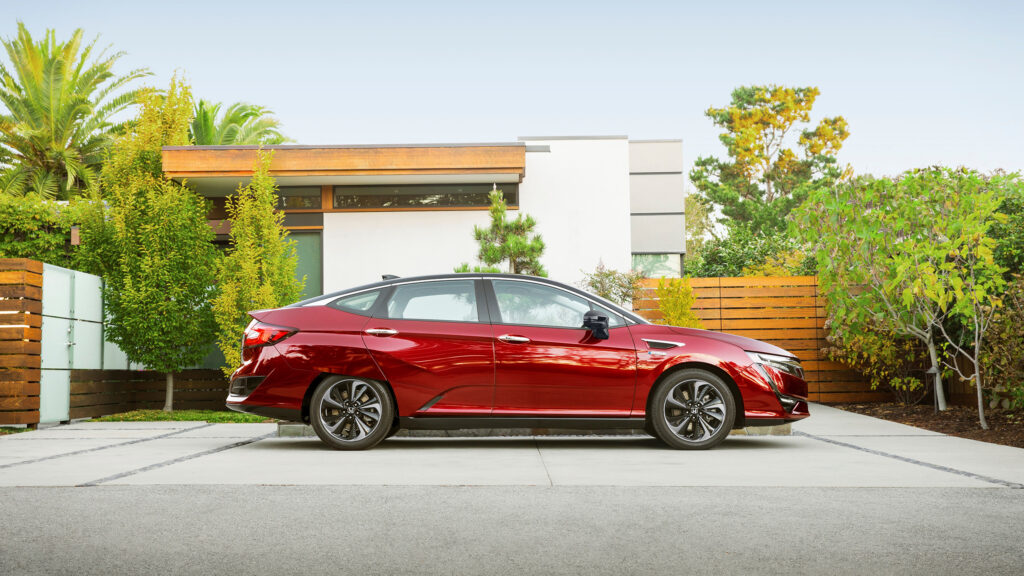
Honda was the first brand to sell a hydrogen fuel cell electric vehicle way back in 2008. Known as the FCX Clarity, the car was only sold in the United States, Japan and Europe. With a big lease price it was understandably a low-volume seller, but it was all about learning about the technology.
A second-generation Clarity was unleashed in 2016 but Honda recently announced it would cease production of that car in August 2021.
But Honda isn’t walking away from fuel cells, releasing a statement to say they “will play a key role in our zero-emissions strategy” moving forward.
Land Rover

The most capable and rugged of the Land Rover family could soon have the lightest footprint. Land Rover has announced it will begin a trial of FCEV tech in the Defender from late in 2021. Using some government money and a wide range of partners, the British brand wants to learn more about hydrogen and how it can work in an off-road application and for towing.
Land Rover already has various plug-in hybrid models available and will soon start offering the Defender P400e PHEV.
Opel
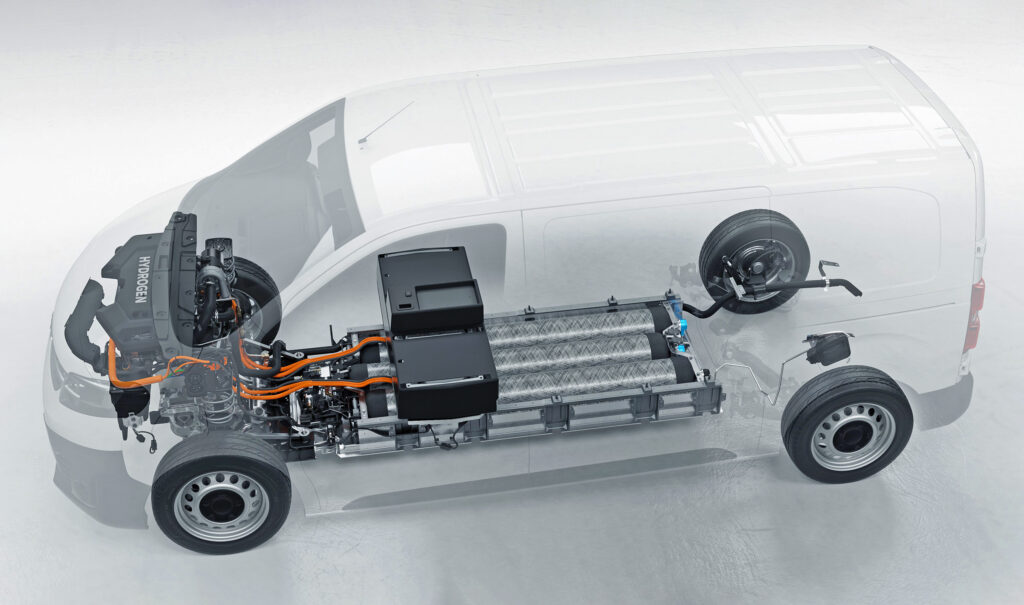
The German brand that once played such a big role in creating the Commodore for Australia is testing the waters with a hydrogen fuel cell for its Vivaro van. Called the Vivaro-e van, the fuel cell is paired with a battery pack that can be recharged externally, allowing for electric running with hydrogen as a range extender backup.
Peugeot
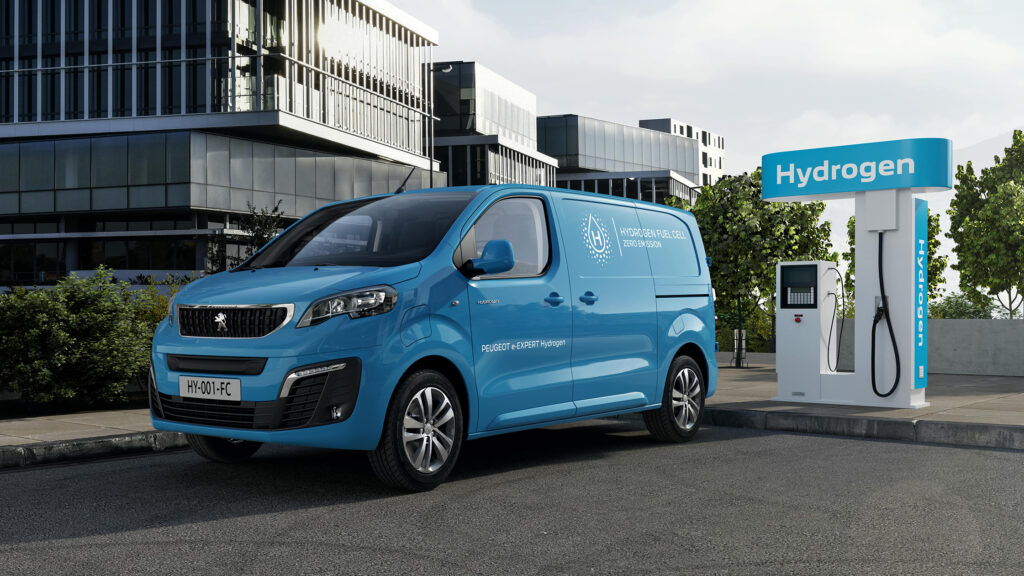
Like sister brand Opel (Peugeot and Opel are part of the recently-merged Stallantis), Peugeot now has a plug-in hybrid hydrogen fuel cell van in the form of the e-Expert Hydrogen. The 100kW/265Nm electric motor can travel for shorter distances on the 10.5kWh battery pack or extend to 400km by using the fuel cell to supply electricity.
Ineos
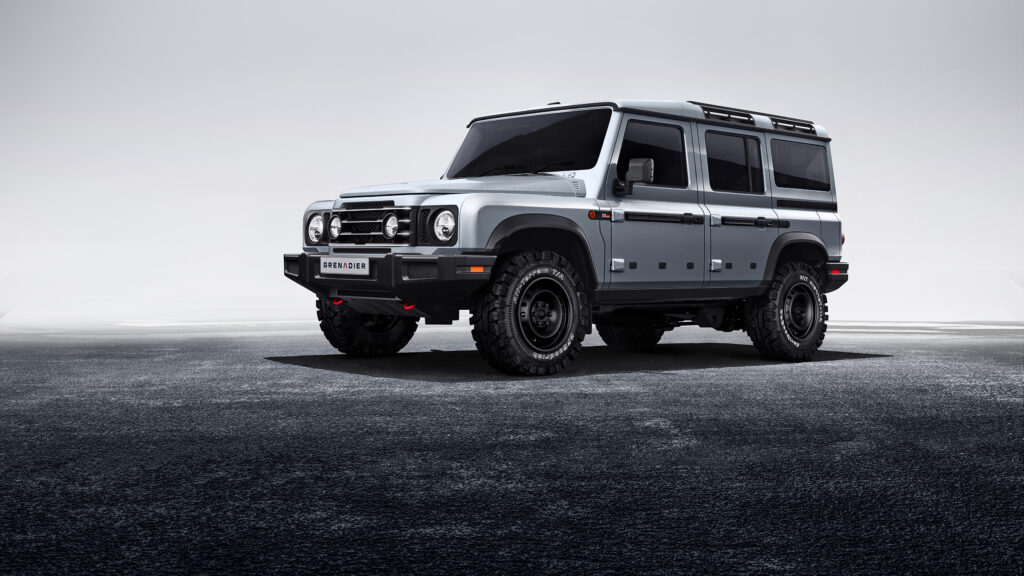
The Ineo Grenadier is a radical modern take on the legendary Land Rover Defender. But it could also soon ditch its BMW engines for a hydrogen fuel cell. Ineos already supplies chemicals and has a hydrogen business as part of its broadening repertoire, plus the newcomer car making brand is exploring FCEV tech with Hyundai. All of which adds up to a Grenadier one day likely driving under H2 propulsion.
Viritech
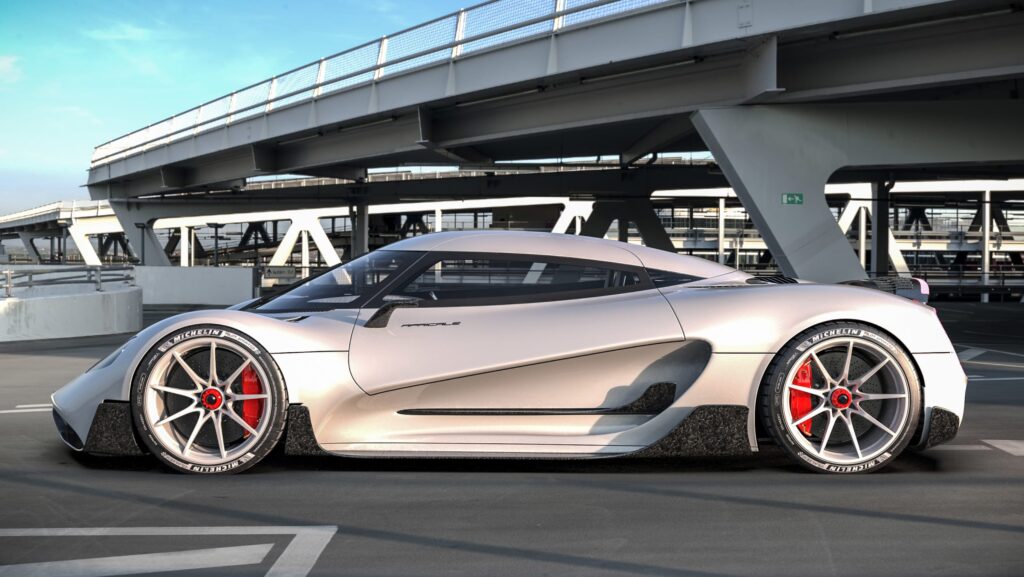
They’re yet to produce a car, but British startup Viritech has big hopes of creating the Apricale hydrogen-powered hypercar. Just 25 are planned but each promises big performance and 800km range.
Nikola
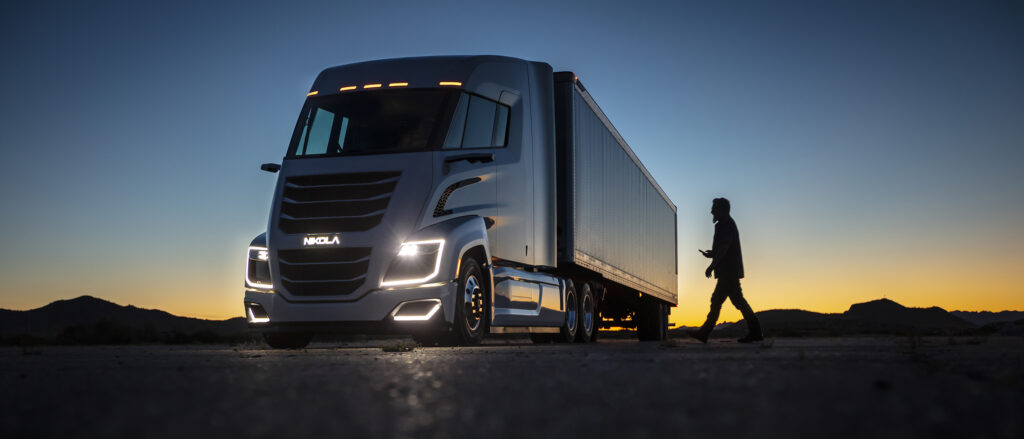
Predominantly a truck manufacturer that was also working on hydrogen infrastructure, Nikola also fleetingly looked at manufacturing a large pickup truck before financial pressures put that on ice. But the company is still planning on leasing long haul trucks with the promise their operational costs will be lower than diesel trucks.
H2X
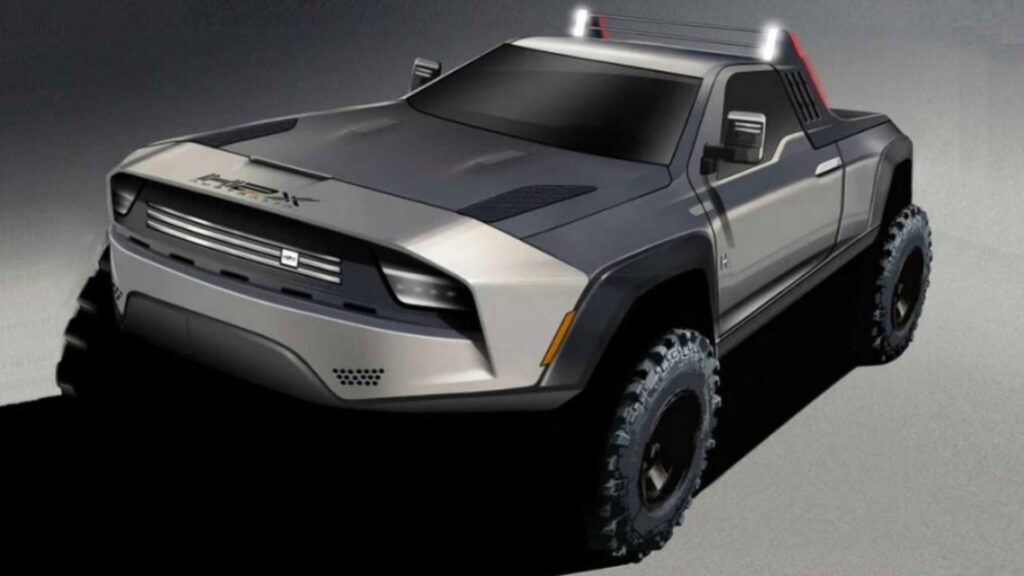
Australian company H2X made big noises about producing a hydrogen car locally. Things have gone quieter since – presumably because of the massive costs involved – and the prototypes promised for early 2021 never materialised. But the company is still bubbling away with hopes of creating a hydrogen ute, among other FCEV vehicles.
Hyperion
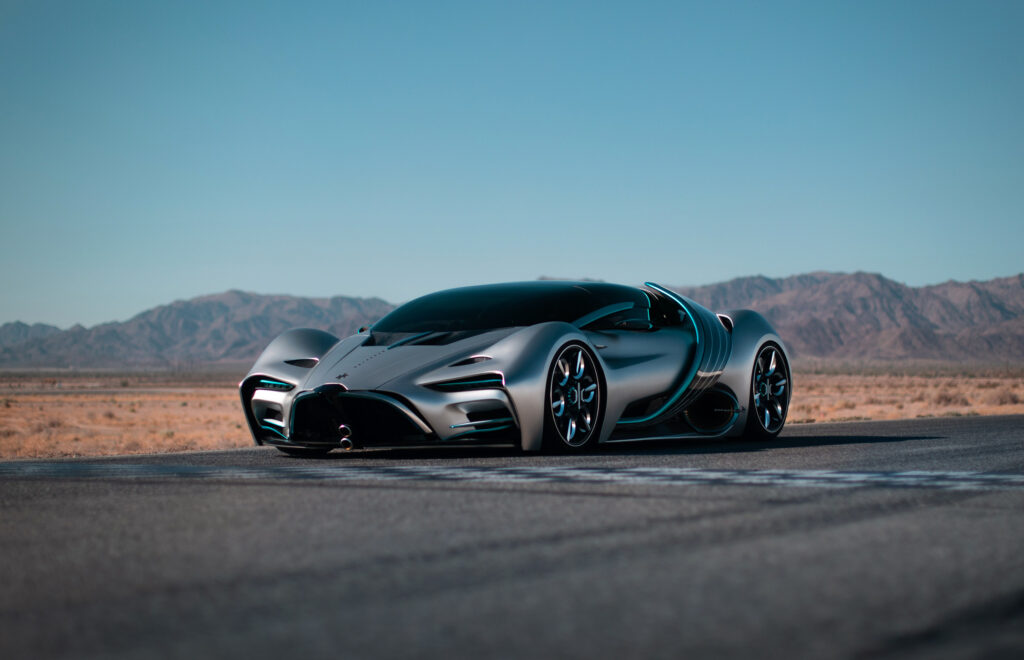
American based Hyperion is another aspirational EV startup with big plans, all of which involve big numbers. The Hyperior XP-1 is claimed to hit 355km/h and travel 1600km between hydrogen refills. Production is planned for 2022.

